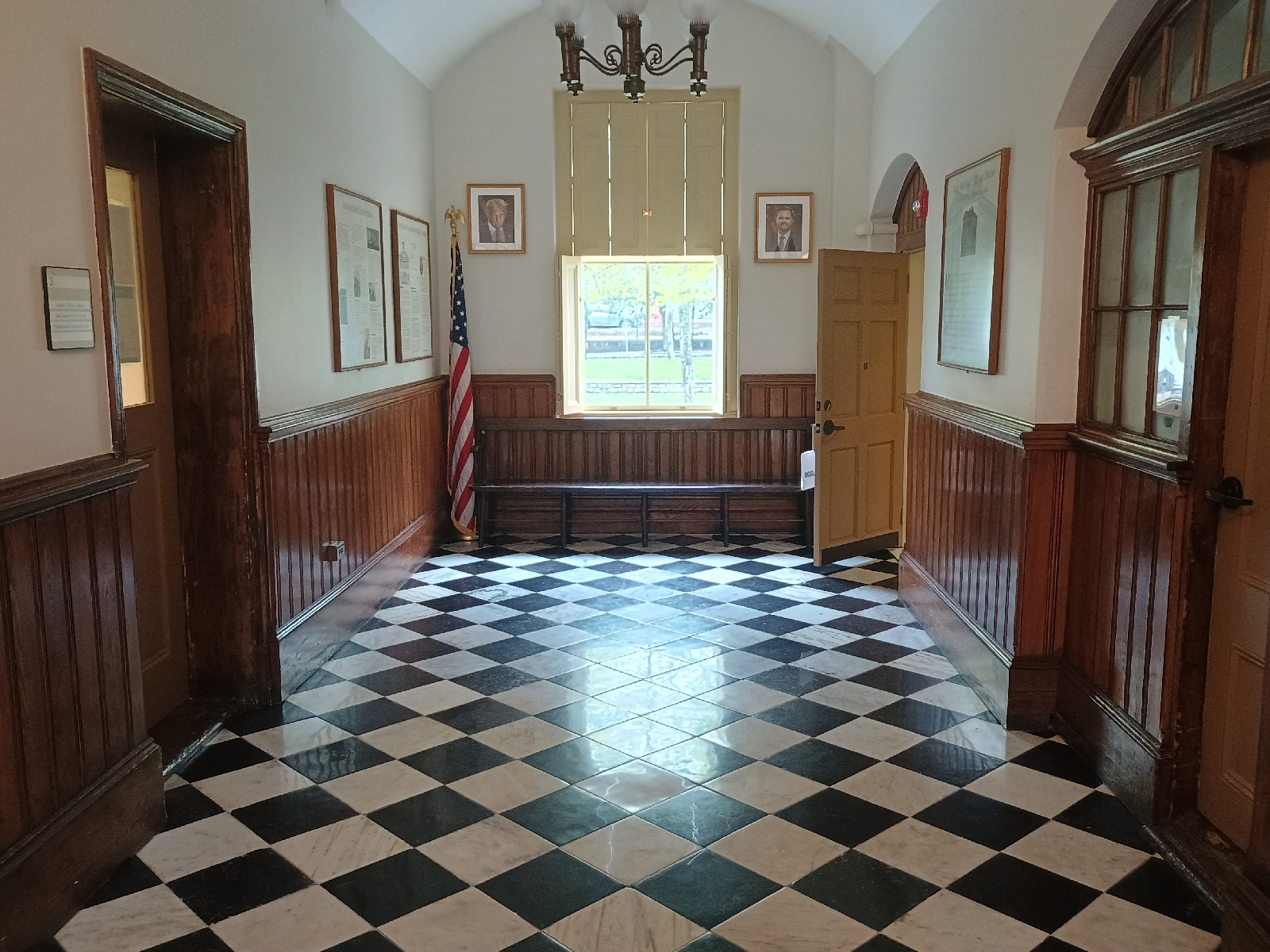The Wet Floor
# The Wet Floor
Rebecca Hayes had been tracking the patterns for months before she understood what she was seeing. As a senior analyst at the Government Accountability Office, her job was to follow money trails and identify redundancies in federal spending. What she found instead was something far more troubling.
The first red flag appeared in Department of Defense procurement records—thousands of "infrastructure assessment" contracts scattered across seventeen states, all funded through different budget lines, all ostensibly unrelated. The second came from State Department communications logs showing an unusual spike in "liaison coordination" meetings between mid-level officials who had no clear reason to be coordinating anything.
"It's like watching someone deliberately spill water on a marble floor," she told her supervisor, Director Michael Torres, as she spread the documents across his desk. "Everything becomes slippery. No one can maintain their footing."
Torres studied the timeline she'd constructed. The operations had names—CIPHER, KEYSTONE, APEX—but no clear authorization chains. Personnel moved between departments with temporary assignments that created overlapping authorities. Resources were allocated through emergency protocols that somehow never expired.
"Look at this," Rebecca pointed to a series of dates. "Every time Congress starts asking questions about surveillance overreach, suddenly there's a 'credible threat' that requires enhanced coordination. Every time the courts issue restrictions on data collection, there's a new 'infrastructure vulnerability' that needs immediate assessment."
The coffee shop beneath Brookhaven was real. Rebecca had driven there herself, watched the carefully orchestrated meetings. Men and women in unremarkable suits, carrying blue notebooks, speaking in the coded language of bureaucracy. They weren't foreign agents—they were American officials, creating the very crisis they claimed to be managing.
"They're not trying to take over," Rebecca realized as the pattern became clear. "They're trying to make it impossible for anyone else to govern. Create so much confusion, so many overlapping jurisdictions, so many manufactured emergencies that centralization becomes the only solution."
The beauty of it was its simplicity. No coup was necessary when you could simply make the existing system unworkable. Transportation projects that created checkpoints. Emergency protocols that became permanent. Inter-agency task forces that answered to no single authority but somehow had access to everything.
"The wet floor," Torres said quietly, understanding dawning in his eyes. "You can't walk normally on a wet floor. You have to hold onto the railings, move slowly, accept help from whoever's offering it."
Rebecca nodded. "And they're the ones with the mops."
Her report would document it all—the phantom operations masquerading as legitimate security measures, the jurisdictional confusion deliberately created and exploited, the way crisis and response had become indistinguishable. But she knew that by the time anyone read it, the floor would already be too slippery for most people to notice they were falling.
Outside Torres's office, another emergency meeting was being called. Another threat requiring enhanced coordination. Another reason why the old rules needed to be suspended, just temporarily, just until the crisis passed.
The crisis, Sarah now understood, was never meant to pass. It was the floor itself—carefully maintained, perpetually wet, ensuring that only those who held the keys to the building could walk with confidence while everyone else struggled to keep their balance.
In her final report, she would recommend immediate investigation and oversight. But she also knew that by morning, there would be new meetings in new coffee shops, new blue books with new protocols, new reasons why oversight itself had become a luxury the nation could no longer afford.
The wet floor was no longer just a metaphor. It was the new foundation of American governance, and those who had created it were the only ones who knew where to step safely.

Comments
Post a Comment